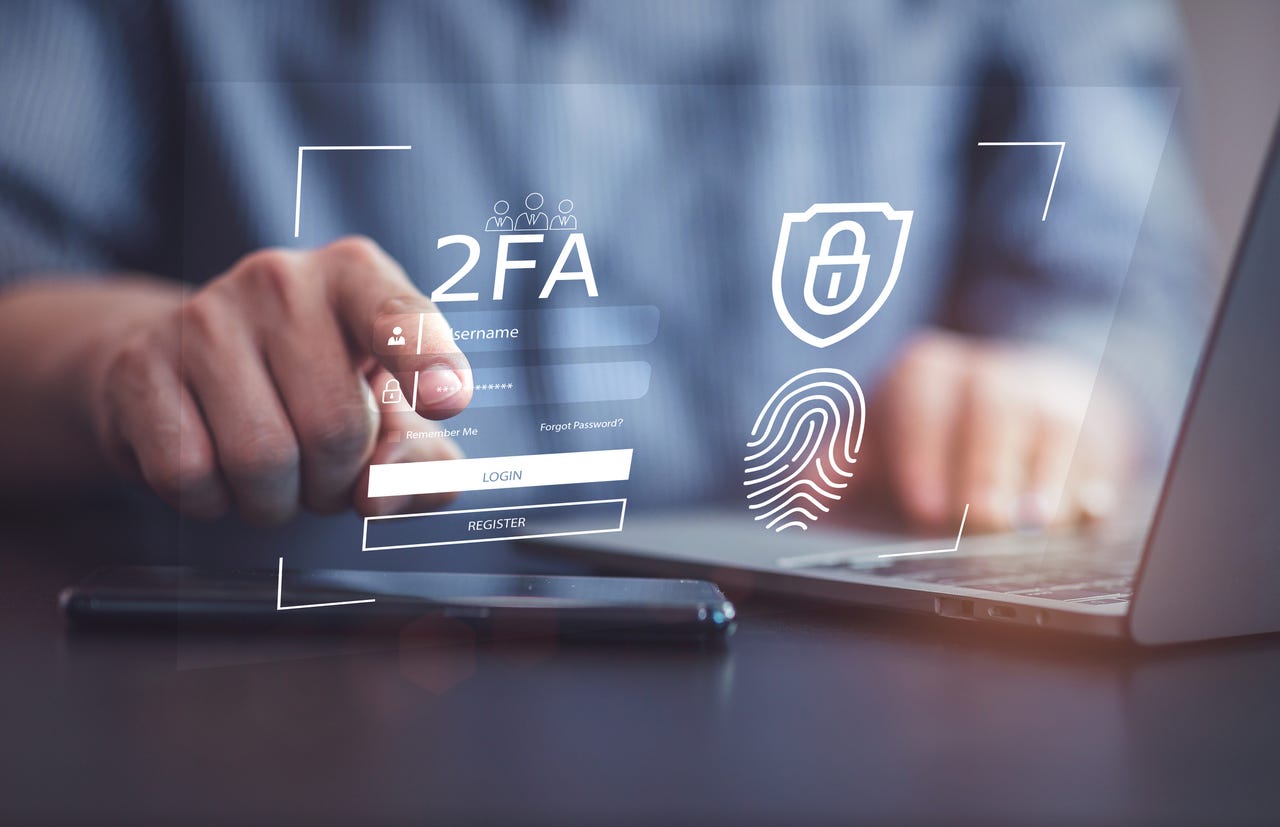How to enable two-factor authentication on your Opera account

Opera is my default web browser on Linux, MacOS, and Android. Because I use it on different devices, I’ve created an Opera account that allows me to sync information between all three instances. That way, I can easily share bookmarks, open tabs, and more between my devices.
Also: How to reset the Opera web browser
However, by default, the Opera account is only protected by a traditional username and password. And even if you’ve used a very strong password, your account is still at risk. The same holds true with any account that opts for only a single layer of security (i.e. username/password).
To add another layer of protection, you should consider making use of two-factor authentication (2FA). With 2FA added, you will have to type a verification code that you retrieve from a third-party app after you’ve authenticated with your username and password.
For my 2FA app, I use Authy on Android, which you can install for free from the Google Play Store. Authy is my go-to for all 2FA security.
But how do you enable 2FA on your Opera account? Let me show you.
How to enable 2FA for Opera
What you’ll need: You’re going to need Opera installed and running. You’ll also need an Opera account, which you can get for free. In addition, you’ll need an authentication app on your mobile device. And, as I mentioned earlier, I use Authy for that process.
Also: What is the Opera Personal News feature and how do you use it?
You can install Authy for both Android and iOS, so make sure you have everything you need at the ready. If you don’t have your Opera browser associated with an Opera account, you won’t be able to make use of 2FA.
The first thing to do is open the Opera browser. With Opera open, make sure it’s connected to your Opera account. Click the profile icon in the upper-right corner and then click Sign In. Sign in with your Opera account credentials and you’re ready to enable 2FA.
You must first create and sign in to an Opera account before you can enable 2FA. Jack Wallen/ZDNET
You’ll find the 2FA Activate button on your Opera Account page. Jack Wallen/ZDNET
You will be prompted to confirm your Opera account credentials in the next popup.
Before you can activate 2FA, you might have to confirm your Opera account. Jack Wallen/ZDNET
Authy doesn’t allow users to take screenshots, so I’ll describe what you need to do carefully during this section. Open Authy on your device and tap the three-dot menu in the upper-right corner. From the dropdown, click Add Account.
Also: How to use Opera’s Speed Dial to quickly get to your favorite sites
In the next window, tap Scan QR Code. Back in Opera, you should see a QR code. Scan that code with your phone. The Authy app will then present a six-digit code. Type that six-digit code in Opera and click Next.
You must type a six-digit authorization code from Authy before the account can be added. Jack Wallen/ZDNET
Opera will then present you with a list of backup codes that can be used in case you either don’t have your phone with you or something goes wrong with Authy. Either print, copy/paste, or download those codes, and click Finish.
You must save these codes in case something happens to your phone and you need to log into your Opera account. Jack Wallen/ZDNET
At this point, 2FA is now enabled with Opera. Any time you attempt to log in to your Opera account (such as when you want to add a new instance to your Opera account), you’ll be required to type a 2FA code from your Authy app before you can log in.
This added layer of security will go a long way to prevent others from accessing your Opera account.
Also: How to upgrade Opera connections from HTTP to HTTPS
And if you sync your passwords and history to your Opera account, I would say 2FA is an absolute necessity.
More how-tos
READ MORE HERE
